Thuja Essential Oil
$26 – $1,029
100% Pure and Natural Thuja Oil at Wholesale Prices
Its botanical name is thuja occidentalis. It is also known as the tree of life, white cedar oil, yellow cedar oil, and American cedar oil. It is a sturdy evergreen conic tree of thuja. It belongs to the cypress botanical family of Cupressaceae. It is a large-scale usage in the medicinal world. It is obtained via steam distillation. Its color is clear yellow or completely colorless. It carries a strong but pleasing sweet essence resembling camphor. It gives a colorless appearance to clear yellow. It has a balsamic and pungent odor and tastes bitter.
Here are some key advantages and benefits associated with Thuja Essential Oil:
- Antiseptic Properties: The oil has natural antiseptic properties, which can be beneficial for wound care. It can prevent infections and support the body’s natural healing processes.
- Skin Health: It is used for skin-related issues. It can help address conditions like warts, skin tags, and fungal infections. Its antiseptic properties make it valuable for skin care.
- Emotional Support: The oil is believed to have mood-enhancing properties. It can help reduce stress, anxiety, and emotional tension, promoting emotional stability and relaxation.
- Hair and Scalp Care: Thuja oil is used for improving hair and scalp health. It can help combat dandruff, reduce itching, and promote a healthy scalp.
How to Use Thuja Essential Oil:
Thuja Essential Oil is versatile oil with a unique and potent aroma. Here are some common methods for using Thuja Essential Oil:
- Aromatherapy: A popular way to enjoy the benefits of Thuja oil is through aromatherapy. Diffusing a few drops in an essential oil diffuser can create an invigorating and respiratory-supportive atmosphere. This method is excellent for promoting respiratory well-being, reducing stress, and enhancing overall well-being. It’s particularly useful during seasons when respiratory discomfort is common.
- Topical Application: When using Thuja oil on the skin, it should be heavily diluted with a carrier oil, such as coconut or jojoba oil, to prevent skin irritation. A 1% dilution or less is recommended due to its potency. You can use this diluted oil for spot treatments to address skin issues like warts and skin tags. It’s also beneficial for addressing fungal infections when applied topically to the affected area.
- Wound Care: Thuja oil can be used topically for wound care. Its antiseptic properties can prevent infections and support the body’s natural healing processes. Clean the wound, apply a heavily diluted drop or two of the oil, and cover with a bandage.
- Hair and Scalp Care: To improve hair and scalp health, add a few drops of Thuja oil to your regular shampoo or conditioner. This can help combat dandruff, reduce itching, and promote a healthy scalp.
| Product Name : | Thuja Essential Oil |
| Botanical Name : | Thuja Occidentalis |
| Origin : | Canada |
| Appearance & Odor : | Colorless to pale yellow & sweet odor |
| Methods of Extraction : | Steam Distilled |
| Weight | N/A |
|---|

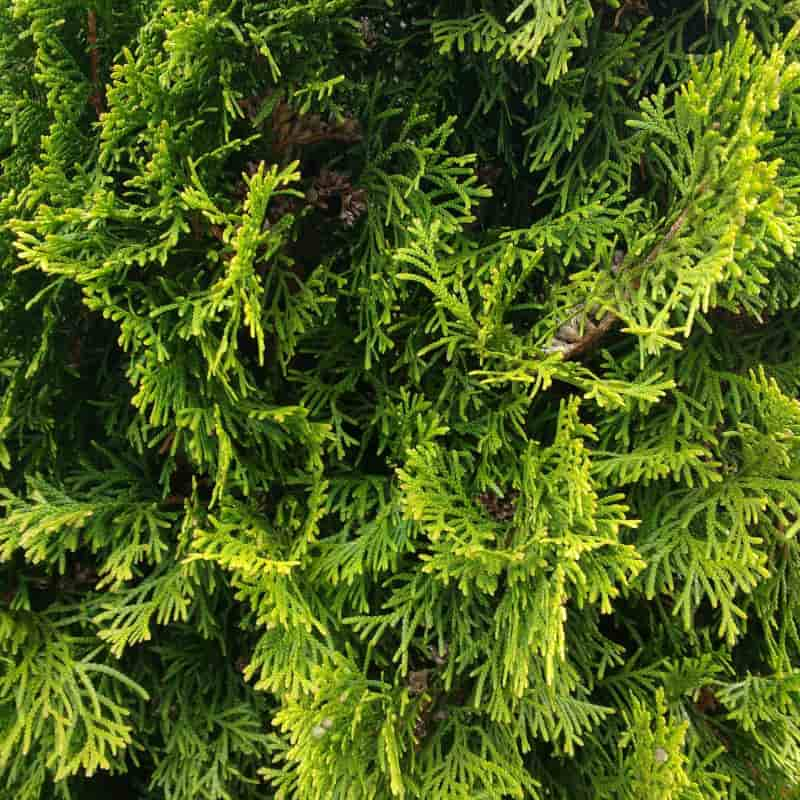
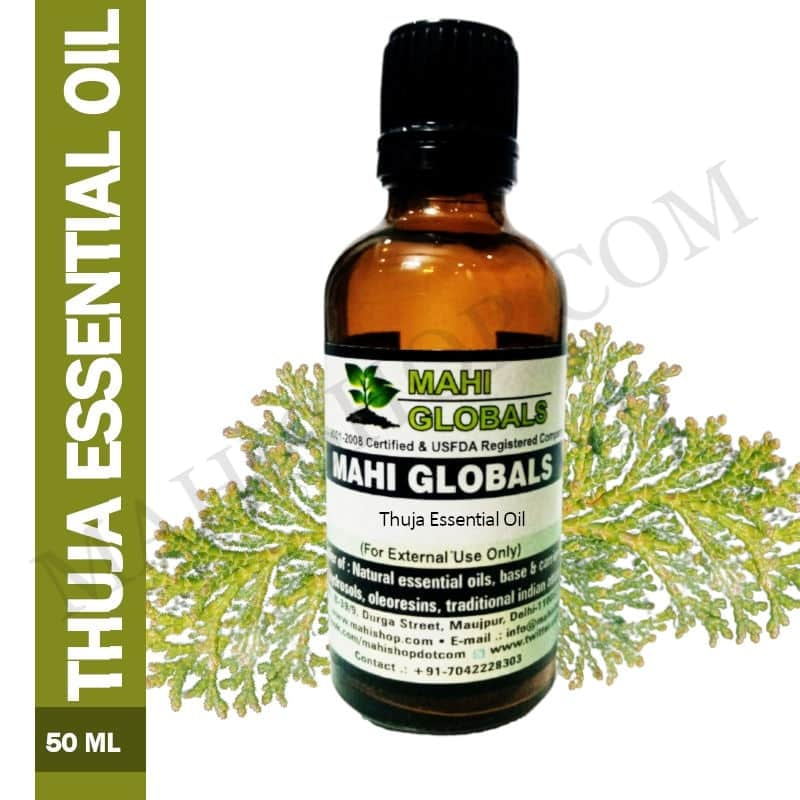
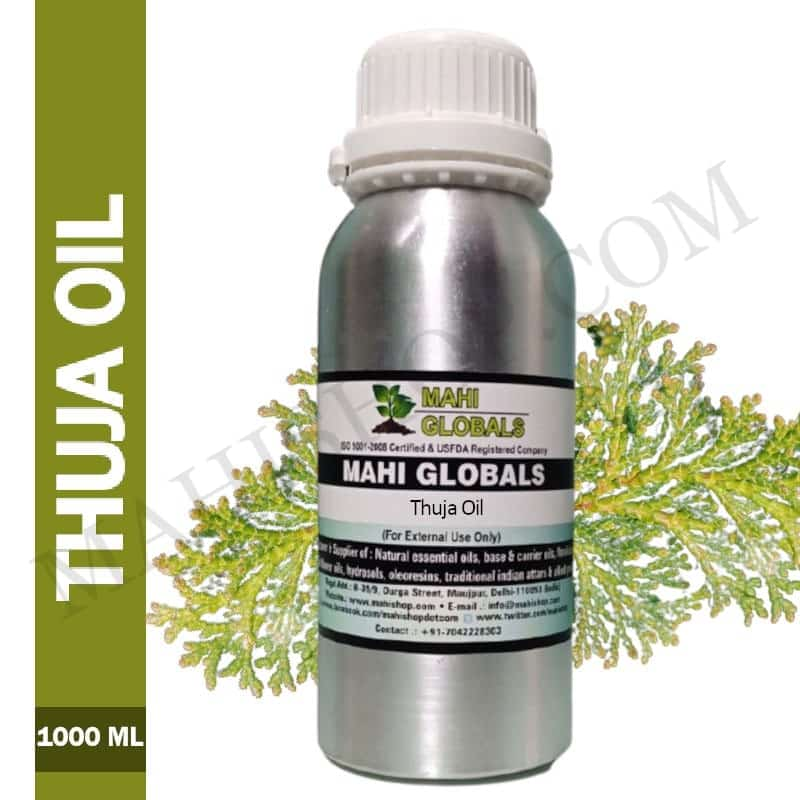

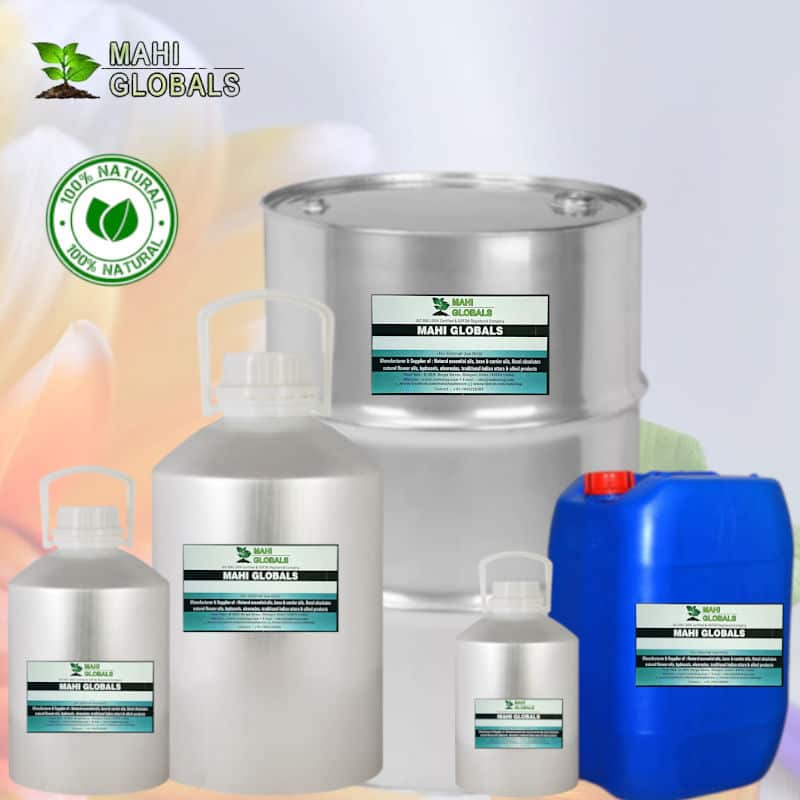

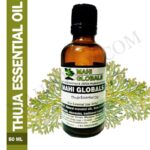
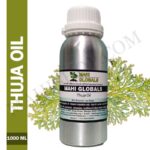

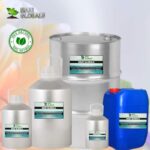
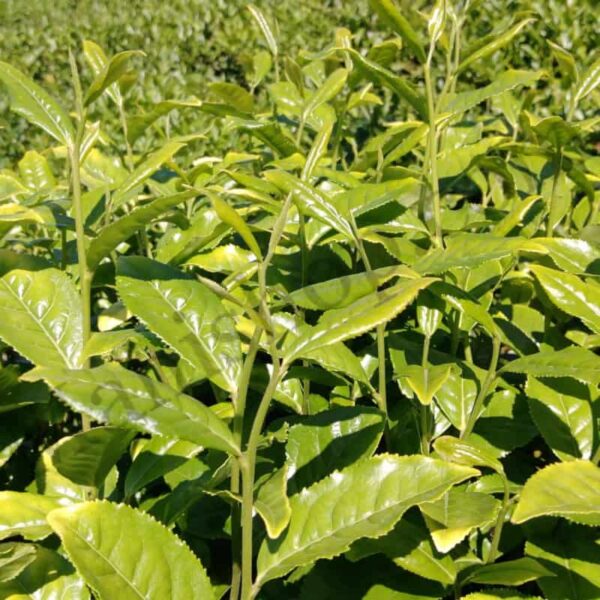
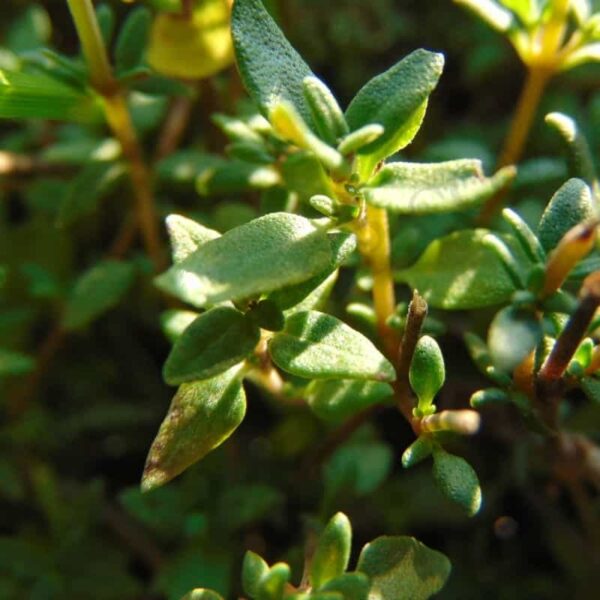
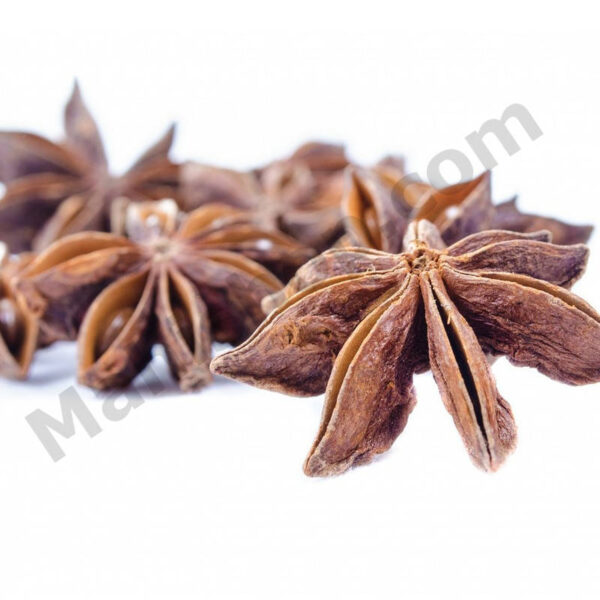
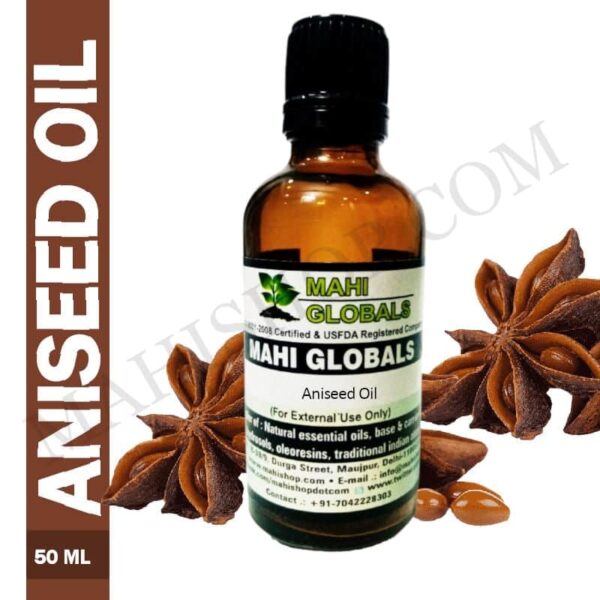
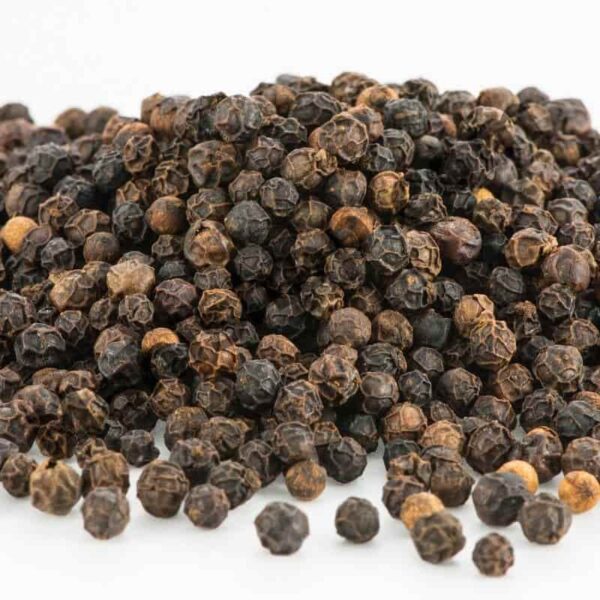
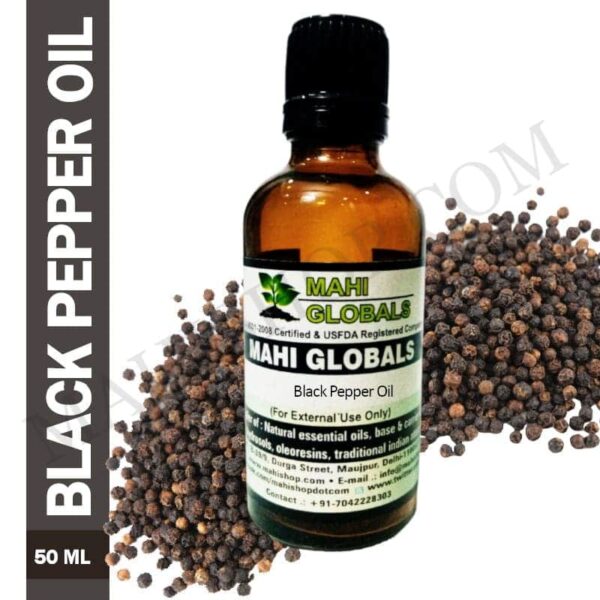
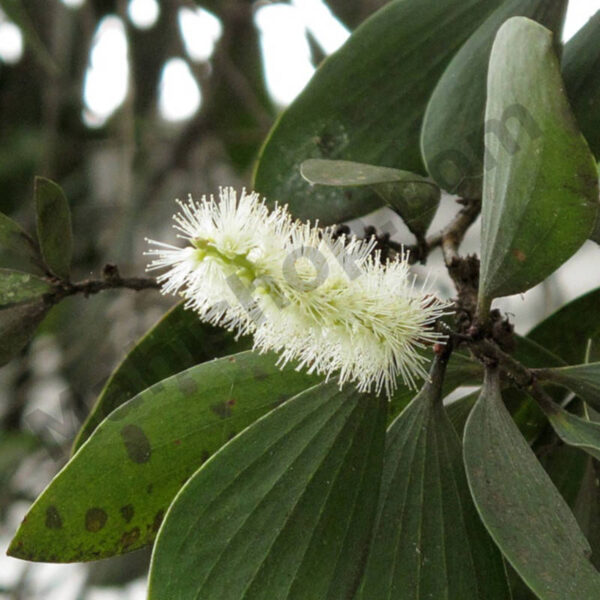
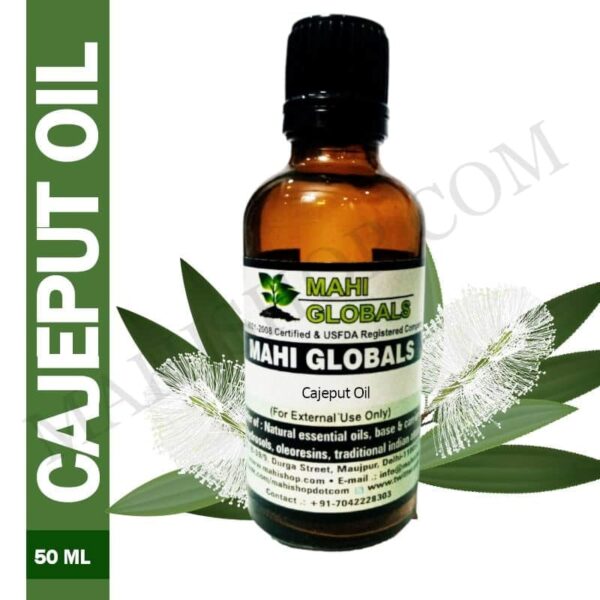
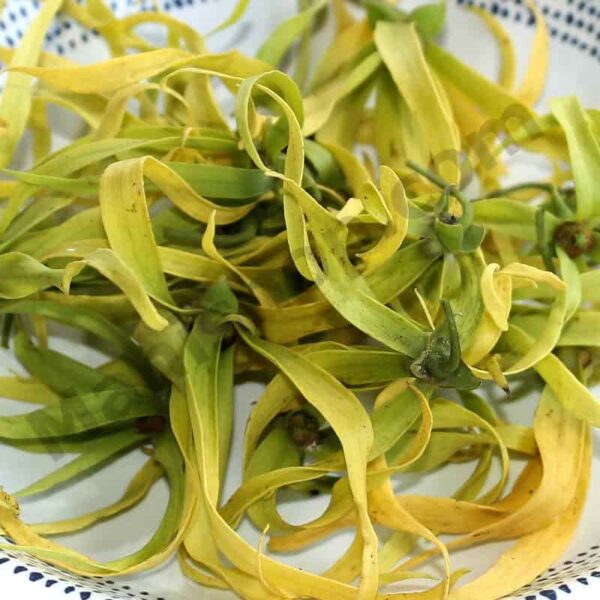
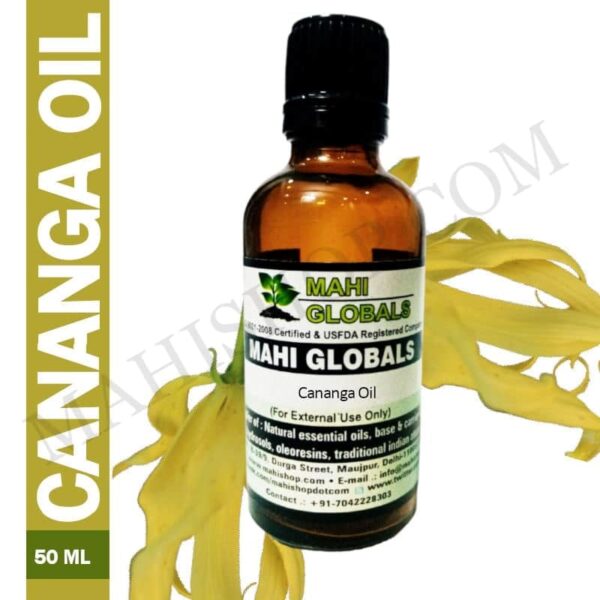
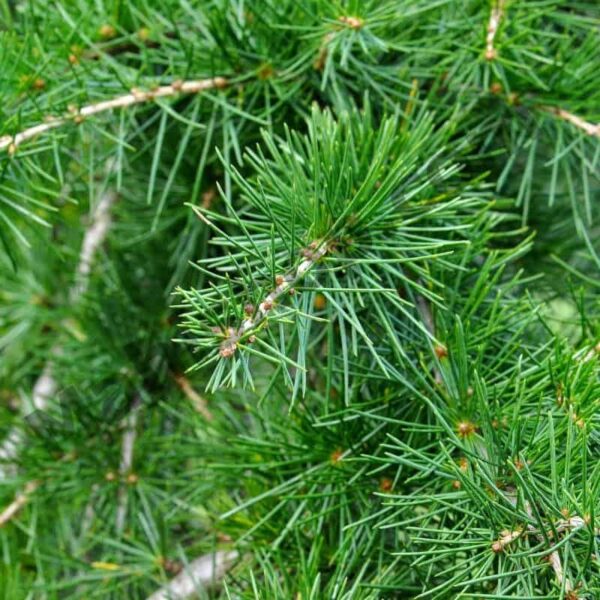
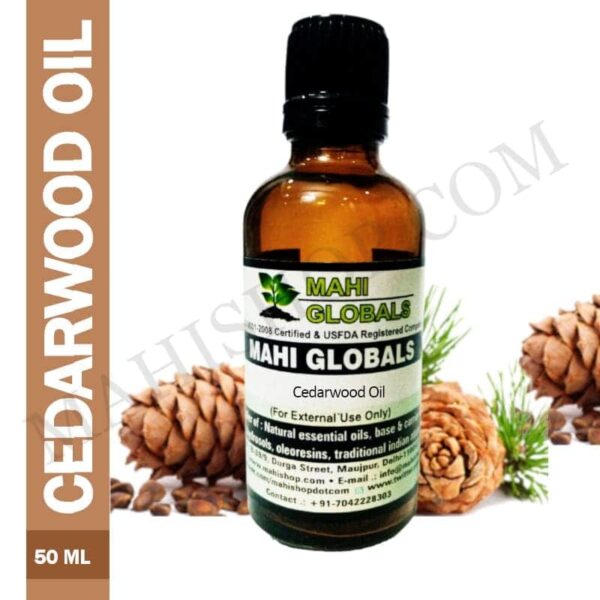
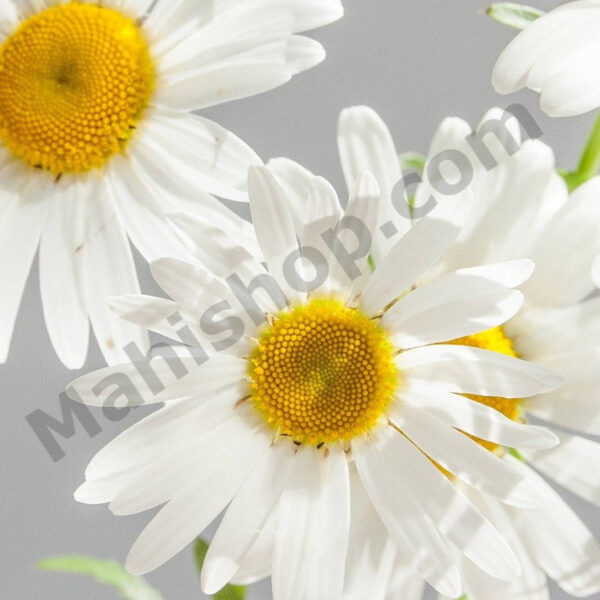
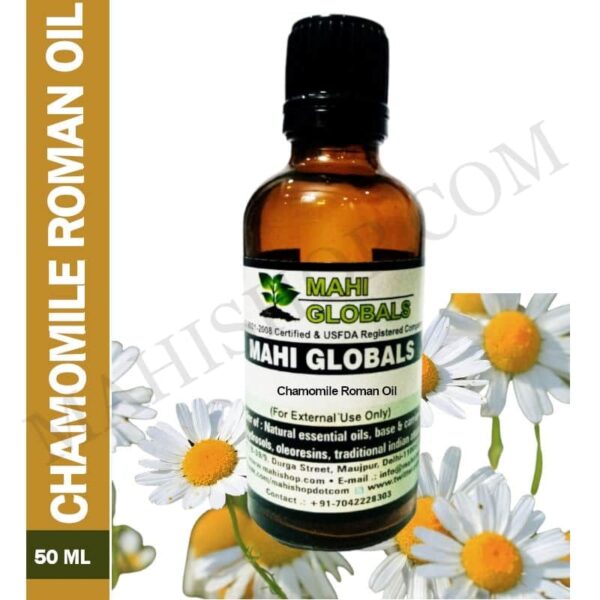
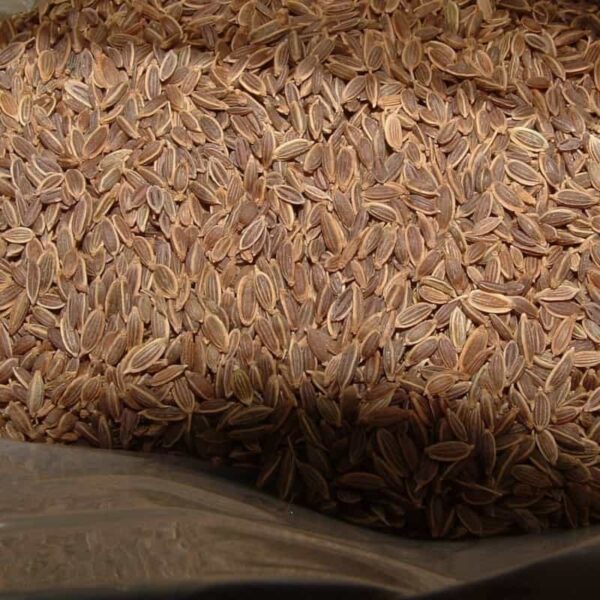
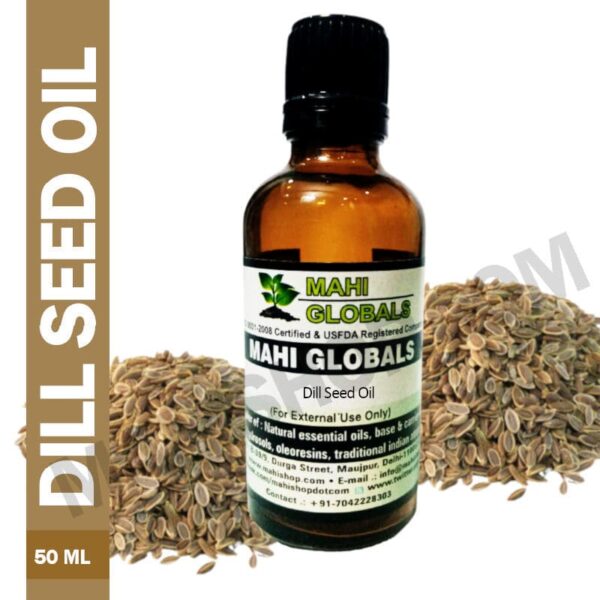
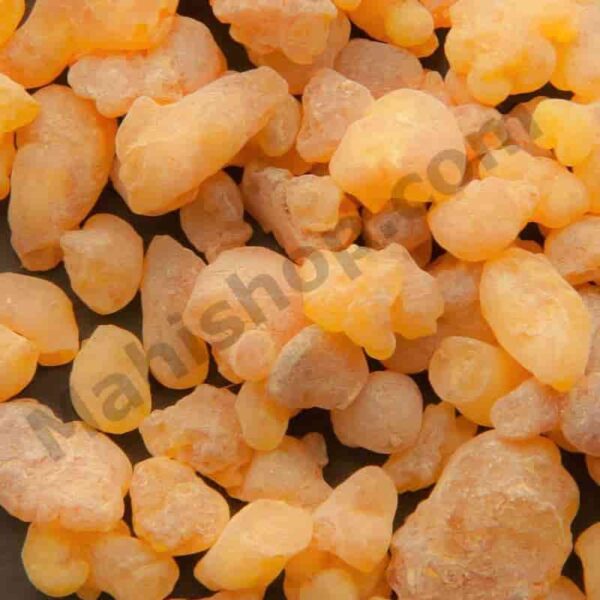
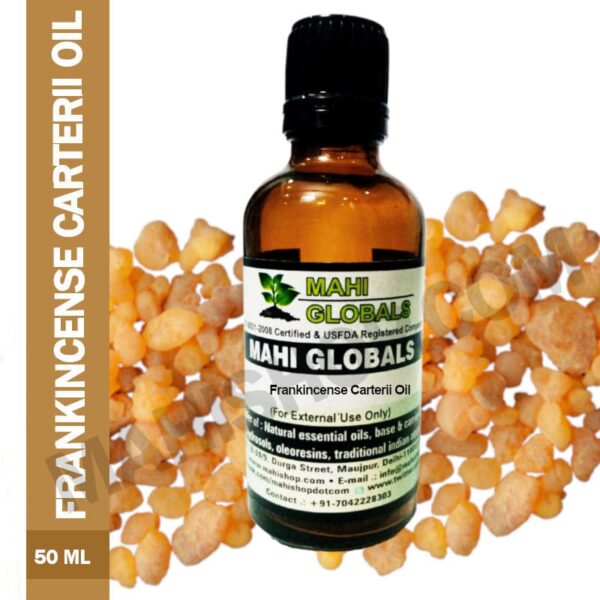
Reviews
There are no reviews yet.